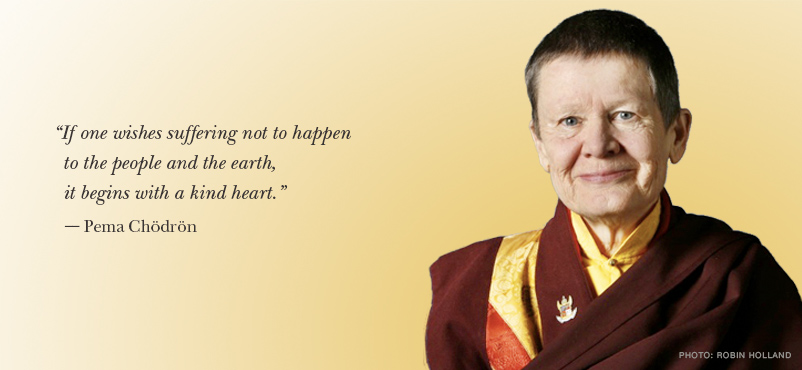[s2If current_user_cannot(access_s2member_ccap_course_004_hh)]
To view this lesson, please purchase this course or log in if you have already purchased it.[/s2If][s2If current_user_can(access_s2member_ccap_course_004_hh)]
- Power of Compassion
- Lovingkindness meditation
- Walking meditation and other integrations
- Relationship audits
This section covers what I consider to be the most powerful route to happiness: compassion. Practices that cultivate a feeling of “we’re all in this together” and a wholehearted wish for the happiness of all beings, including myself, have produced a lot of growth for me and a brought more joy and purpose to my relationships.
According to Dr. James R. Doty, clinical professor in the Department of Neurosurgery at Stanford University, and the Director of the Centre for Compassion and Altruism Research and Education, has the answer, we are neurologically prone to compassion. He says, “fundamentally being compassionate or caring for others is actually our default mode. We are wired to care for others.” This doesn’t always happen, of course, but that’s more because of learning than what behavior would most meet our own needs.
Doty says, “The problem comes with our adrenalin powered lifestyles.” He also says that, “in today’s world we have an epidemic of stress, anxiety, and depression. Our overstimulated nervous systems also make us more reactive and quick to jump to judgements about others.”
But the cool thing is that we can change that around, with practice. By directly focusing on compassion, we don’t just help others, we help ourselves. It’s a really fascinating paradox to me.
When someone acts with compassionate intention, it has a huge, huge positive effect on their physiology. It takes them out of the threat mode and puts them into the rest and digest mode. What happens when that occurs is it changes how they respond to events.
Instead of a quick response, oftentimes based on fear or anxiety, it allows for a much more deliberative or discerning response which typically is much more effective, and more creative because it’s allowing your executive control area to function at its best. [click here for the full article]
Compassion isn’t always practiced, but it’s definitely not new. It’s really the foundation of most world religions and definitely Buddhism. Here’s something that His Holiness the Dalai Lama writes about compassion:
The more we care for the happiness of others, the greater our own sense of well-being becomes. Cultivating a close, warm-hearted feeling for others automatically puts the mind at ease. This helps remove whatever fears or insecurities we may have and gives us the strength to cope with any obstacles we encounter. It is the ultimate source of success in life.
As long as we live in this world we are bound to encounter problems. If, at such times, we lose hope and become discouraged, we diminish our ability to face difficulties. If, on the other hand, we remember that it is not just ourselves but every one who has to undergo suffering, this more realistic perspective will increase our determination and capacity to overcome troubles. Indeed, with this attitude, each new obstacle can be seen as yet another valuable opportunity to improve our mind!
Thus we can strive gradually to become more compassionate, that is we can develop both genuine sympathy for others’ suffering and the will to help remove their pain. As a result, our own serenity and inner strength will increase. [click here for the full article]
In this Section, I will touch on some different aspects of compassion. As with most of the subjects in this course, there is a lot of depth to this subject and I’m only introducing the parts that resonate most with me and that I feel would be most useful to you.
I highly recommend that you dig deeply into compassion practices. It’s life’s work. For a book intro, check out “The Book of Joy: Lasting Happiness in a Changing World” by the Dalai Lama and Desmond Tutu.
I love that book because it’s written by a Buddhist and a Christian, and edited by a Jew, and highlights that compassion is the root of joy for all of us, regardless of whether we’re secular, spiritual, or religious.
